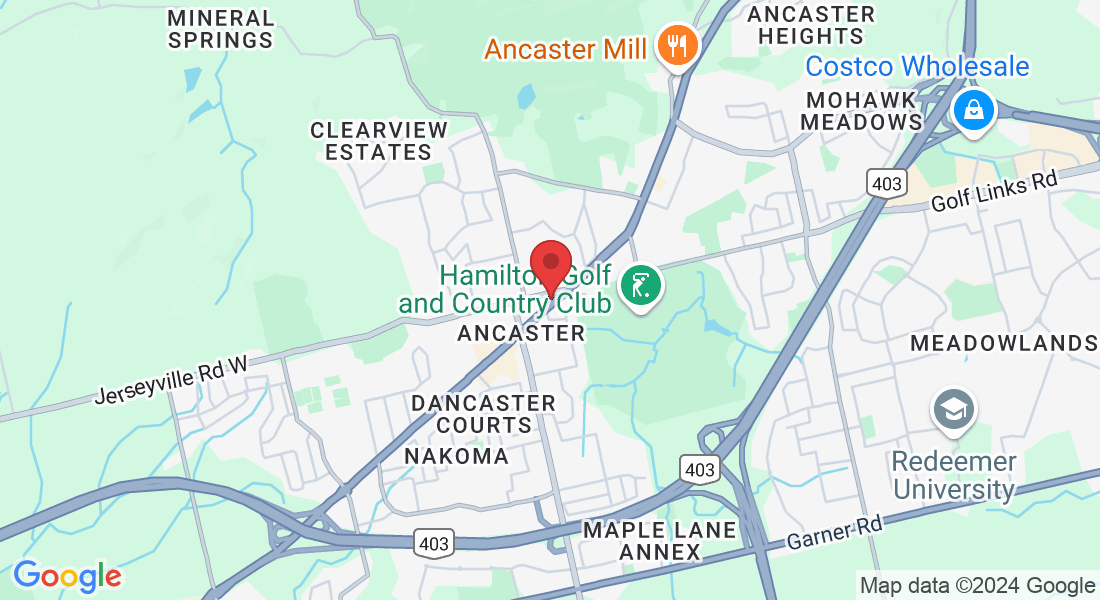OUR BLOG

The Probate Process and Multiple Wills

When someone passes away and you are the designated estate trustee, you will likely need to access the deceased’s funds and accounts in order to settle the estate. Serving as an estate trustee requires careful attention to detail, ethical conduct, and the ability to navigate complex legal and financial matters during a time of grief and emotional strain for the beneficiaries.
The Probate Process
The probate process is the legal procedure through which a deceased person's will is validated, and their estate is administered and distributed according to the terms of the will and applicable laws. The probate process also involves levying a fee, or tax, placed on the assets for the protection of banks and other institutions. These fees can vary widely depending on the jurisdiction, the size and complexity of the estate, and whether the estate encounters any legal challenges or disputes. However, not every type of asset requires the probate process. This is commonly found in people who have complex estates.
Secondary Wills
Some people want to try and avoid probate fees on their estates for the benefit of their surviving families and friends. In order to do so, they may create a secondary will. Most people draft a single will that contains how they would like their assets distributed. By drafting secondary wills, individuals can ensure that significant portions of their estate is administered without incurring probate fees. This not only preserves wealth for the beneficiaries but also streamlines the estate administration process, making it quicker and more efficient.
For individuals with complex estates, such as those that own private company shares or antiques, they may not need the probate process applied to these assets. In this situation, testators may decide to create a secondary will. What this does is separates the assets into a “primary will” that requires the probate process, and another will that allows the estate trustee to divide the assets free of any probate fees.
Previous Cases of Secondary Wills
This type of situation can create a matter where there are multiple wills. Ontario's legal framework does not explicitly provide statutory provisions for secondary wills; instead, their validity and usage have been shaped through case law and judicial interpretations. A recent provincial case called into question the validity of having multiple wills, with the Supreme Court of Ontario ruling one way, and then the Divisional Court of Ontario ruling another.
There are many factors to examine when evaluating the use of secondary or multiple wills. If you have questions, or are considering ways to reduce the probate fees on your estate, it’s best advised that you consult with an experienced estates lawyer. They will be able to explain how apply to your situation and can advise you on the best way to address your specific needs.
Our Office
Filice Law Professional Corporation
71 Wilson Street East
Ancaster, Ontario L9G 2B3
Tel: 905-383-0828
Email: [email protected]
Pages
How We Can Help
Resources
(c) 2023 Filice Law Professional Corporation
Website by Magellan Publishing Inc.


